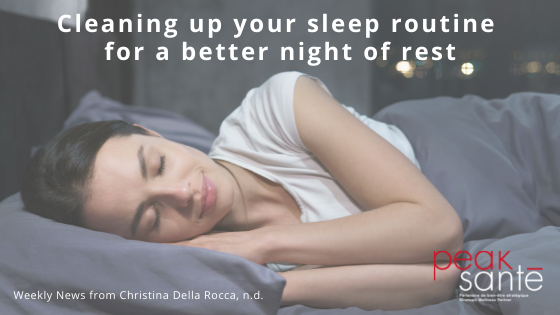
Why muscle matters
I’ve got an ACTION-packed email for you today – and it has to do with making sure your body is ready for an action-packed life!
And by action, I mean enjoying outdoor activities, having fun with family or friends, sports, adventures, and being able to EASILY go through your daily activities – with energy to spare!
Having strong muscles makes each one of those things easier and can even improve your overall confidence.
PLUS having a good base of muscle actually benefits your overall health.
I can’t think of many activities that give you more value for your investment than your workouts!
7 Surprising Reasons Your Muscles Matter
- Muscle helps your body manage your blood sugar.
When you work out, your muscles use more glucose, which is the sugar in your bloodstream. Over time, this can lower your blood sugar levels.
PLUS … it also helps your body improve how it uses insulin. This can help ward off metabolic issues and diabetes.
- They keep you STRONG.
Muscle’s power all of your activities – from going bowling to gardening to walking up the stairs to strolling the beach or skiing the slopes on vacation! Everything you do requires muscle!
And you need to work them on a regular basis to keep them strong. Plus, if you don’t, you’ll start to lose muscle mass at the age of 30 … and the rate just increases as you get older.
- Muscle helps you burn more calories.
Not just while you’re being active, but round the clock. Studies show that 10 pounds of muscle burns 50 calories in a day, while 10 pounds of fat burns just 20 calories.
It might not seem like a lot, but over time, this really adds up.
- It’s good for your mood and self-esteem.
When you have strong, balanced muscles, you usually have better posture. And better posture is correlated with better moods and more confidence! Plus, it makes you more radiant!
- It’s good for your joints AND your bones.
Your joints: regular exercise that strengthens the muscles around your joints can help them move better and be less painful.
Your bones: weight-bearing exercises can help you build your bones and keep them strong as you age.
- It keeps you alive. Your heart is a muscle, after all!
Exercise strengthens your heart muscle, helps with weight control, and helps prevent damage to your arteries caused by high cholesterol, blood sugar, and blood pressure.
- It improves your quality of LIFE.
It can give you the energy and strength to be active and try new things!
When you are not in the mood to workout or feel tempted to skip a workout for whatever reason (and yes, that happens to me too!) … I just think about ALL of the reasons not to. Those reasons will certainly outweigh your laziness in the moment. Works for me!
What are your reasons? Let’s continue the conversation in the Facebook Group!
Make it an amazing day,






